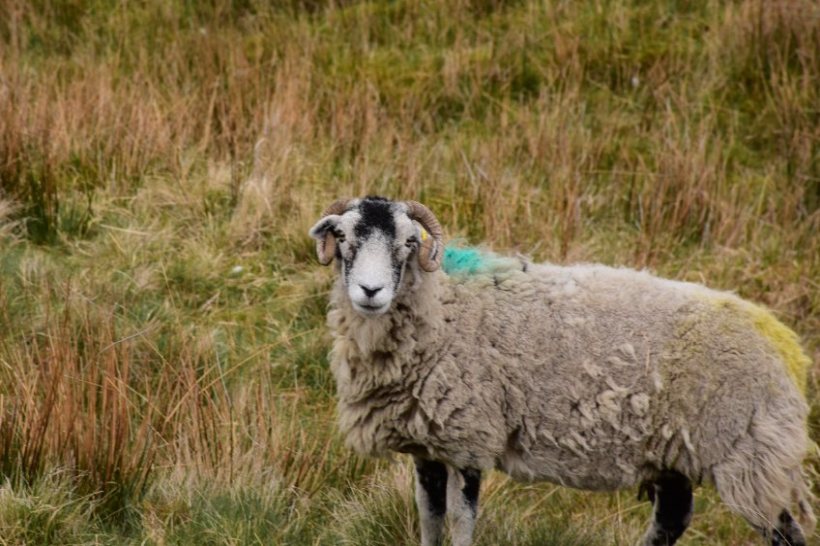
A potential game-changer for sheep welfare and environmental protection is underway, as industry partners join forces to tackle the UK’s escalating waste dip crisis.
The NFU has welcomed a new programme designed to deliver a safe, sustainable solution for disposing of waste sheep dip — one of the most persistent and costly challenges facing the sector.
The initiative focuses on developing a point-of-use treatment system that would allow farmers and commercial dippers to handle waste dip on farm, easing pressure on businesses that struggle to access licensed disposal facilities.
With contractors already working on tight margins, increasingly complex waste rules have become an added financial strain.
The programme brings together Clear Dip — an innovation created by farmers, engineers and environmental specialists — and Bimeda Animal Health, a major player in parasite control.
The Clear Dip team has secured Innovate UK funding through the ADOPT programme to move the technology closer to commercial use.
Sheep dip remains the most effective tool for preventing sheep scab, caused by the mite Psoroptes ovis, which continues to threaten flock welfare and productivity across the UK. But limited disposal options have caused long-standing frustration for farmers and contractors.
Ruth Clements, programme leader for Clear Dip, said the team was pleased to be advancing a solution the industry has needed for years.
“We are excited to be bringing this potential, much needed, solution to sheep dip disposal,” she said. The aim, she added, is to support resilience and welfare through “sustainable medicine use and environmental protection”.
Bimeda UK veterinarian Rachel Mallet said the industry had reached a crucial point. Waste dip disposal, she explained, is nearing “a critical point”, and without a viable system the sector risks undermining the very products relied on to protect sheep health.
The collaboration, she said, is focused on a method that is “scientifically sound, responsible, and affordable”.
The product is expected to suit both small and large-scale operations and could reduce or remove the need for an Environment Agency land-spreading permit.
Early results are due in December, with potential availability in the spring.
